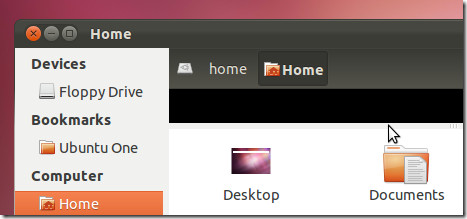Nautilus Terminal: Embed Linux Terminal To Nautilus File Browser
The Terminal is perhaps one of the most integral parts of any Linux OS, even if a non-GUI-based, Slackware-style operating system seems a thing of the past. This is because, despite the introduction of Ubuntu-based operating system with Software Centers, one often requires using the Terminal for executing system-related commands, adding/removing repositories and downloading application packages. While opening the Terminal can be a bit irritating, particularly if you’re using the classic start menu, it might be quite handy to embed Terminal to the Nautilus file browser. Nautilus Terminal is an extension that adds Terminal to the file browser, following navigation with automatic execution of the “cd” command when you move between folders.
Nautilus terminal fully supports all common functions such as copy/paste (using Ctrl+Shift+C and Ctrl+Shift+V) and drag & drop functionality.

A good thing about this extension is that it provides the flexibility of hiding the Terminal anytime by dragging it upwards, or with the F4 hotkey. This enables having more onscreen real estate for the file browser when required.

You can install Nautilus Terminal using the following commands:
sudo add-apt-repository ppa:flozz/flozz sudo apt-get update sudo apt-get install nautilus-terminal
Once installed, use this command to restart Nautilus to apply the changes.
nautilus -q
In case you would like to remove this extension, use the following commands:
sudo apt-get remove nautilus terminal sudo apt-get udpate
For removal to take effect, restart Nautilus once again using the command specified above.
Nautilus Terminal works with Nautilus 3.0 and 3.2. You can also download the Nautilus package from the link given below.

not very well though through application.
Eg1: Autocomplete (using tab) does not work
Eg2: typing something in terminal (no enter pressed), then navigating nautilus causes improper command execution.
Typo, it should be `sudo apt-get update`
Amazing idea, though I personally prefer using Guake…
Well, looks like my brilliant idea has already been done before.